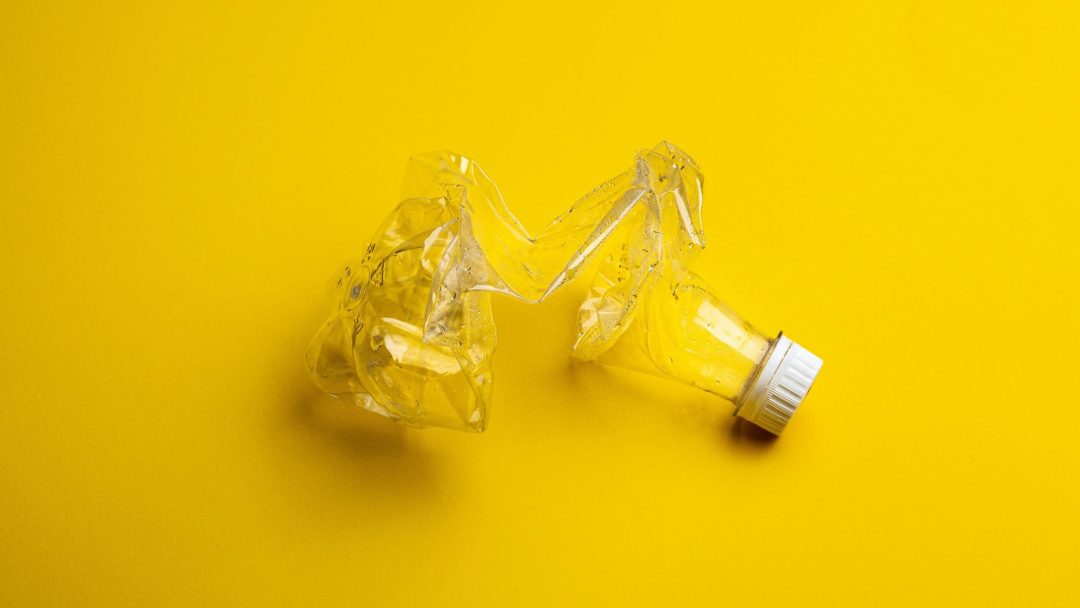The Ohio Hemp Company has shaken hands (or should we say, leaves?) with Detroit’s Heartland Industries. Together, they’re on a mission to churn out hemp-based bioplastics, which will eventually morph into auto parts for a Belgian firm.
Remember when Ohio’s Governor Mike DeWine gave hemp the green light in 2019? That was just a year after Congress jumped on the hemp bandwagon with the 2018 Farm Bill. TJ Richardson and Justin Helt, the dynamic duo behind Ohio Hemp Company, were quick off the mark. They planted a whopping 11,000 hemp plants in 2020, riding the CBD wave like pros.
But as the CBD market started to chill out, Richardson and Helt didn’t panic. Instead, they switched gears faster than a race car on a straightaway. They began growing hemp plants designed to produce grain and fiber, leaving the CBD drama behind. And let’s be honest, hemp is more versatile than a Swiss army knife at a camping trip.
“My grandpa always says that hemp is the most exciting new thing in agriculture since soybeans in the 50s,” Helt shared with Farm and Dairy. “So, you know, it’s kind of a big deal. We see this crop skyrocketing in Ohio.”
From day one, Richardson and Helt knew hemp was a jack-of-all-trades. So, they went on a hunt for businesses in Ohio that were hemp-curious. Lo and behold, they stumbled upon Heartland Industries in Detroit. Founded in 2020, this hemp processing facility had been quietly making waves. By 2022, they’d teamed up with Ravago, a Belgian bioplastics manufacturer, and the hempy alliance was born.
Tim Almond, Heartland’s chairman and co-founder, spilled the tea on their hemp journey. “You know, it’s been a wild ride. The crop was in the penalty box for 80 years! We’ve had to re-learn everything, like planting techniques. Farmers were as lost as a sock in a laundry room.”
Heartland takes the hemp fiber from Ohio Hemp Company and other Midwest farmers to whip up small hemp pellets, or “nurdles.” These nurdles then make their way to Ravago, where they mingle with plastic nurdles to create a bioplastic cocktail that’s 70% plastic and 30% hemp. The end result? Auto parts that are not only greener but also lighter on the wallet and the planet.
“Everyone wants to be eco-friendly, but let’s face it, no one wants to break the bank or compromise quality,” Almond quipped. “We’ve struck gold by using hemp as 30% of the mix. It’s like adding a pinch of spice to a recipe and voila! Cost savings, weight loss for the parts, and the same great performance, plus a smaller carbon footprint.”
Originally, Heartland was cozying up with hemp growers in Michigan. But as the hemp hype spread like wildfire, they expanded their green network to include Indiana, Illinois, and of course, Ohio.
Fast forward to 2022, and Ohio Hemp Company has jumped into the dual-purpose hemp game, growing crops that yield both fiber and grain. Last year, they covered 100 acres, and this year? They’re doubling down with 200 acres, thanks to their new BFFs at Heartland Industries.
The agreement between these green giants is a yearly, non-binding hemp fiber shopping spree. Ohio Hemp Company is even sprucing up their digs with new processing and storage facilities and diving into hemp variety research.
Helt couldn’t contain his excitement, saying, “This partnership is a game-changer! It’s like finally completing a puzzle that’s been missing a few pieces. We’re creating an entire industry, from seed to steering wheel. It’s a beautiful thing to witness.” Ah, the sweet smell of success – or is that just the hemp?
Photo by: Stas Knop




